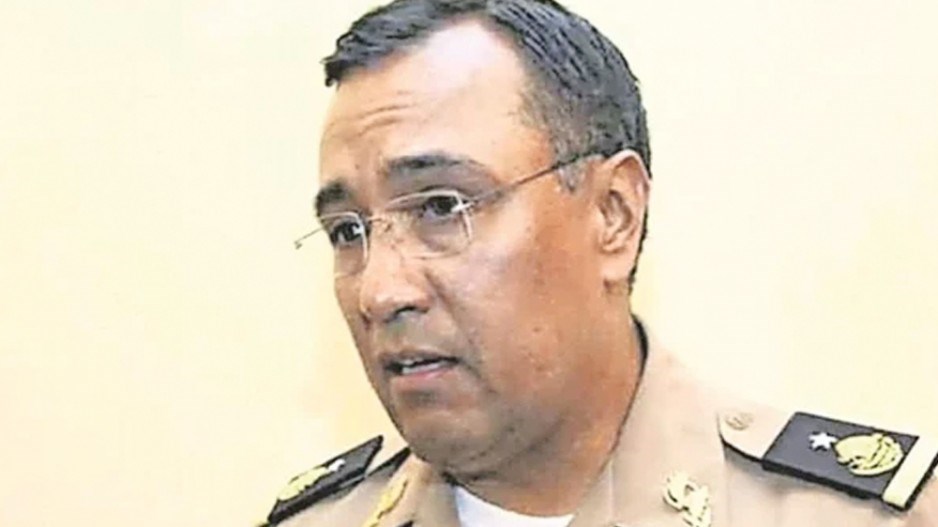A lawyer for Canada’s Department of Justice said in B.C. Supreme Court on Wednesday that a retired Mexican general should be extradited because he would satisfy the requirements for a breach of trust by a public officer charge.
The Mexican government alleges that Eduardo Leon Trauwitz, while working as head of security for state oil company Pemex, facilitated theft of 1.87 billion litres of hydrocarbons from clandestine taps in Pemex pipelines.
In May 2019, Trauwitz fled to B.C., instead of appearing in a Mexican court, and applied for Canadian refugee status. He was arrested in December 2021 and freed on bail conditions in March 2022.
Amanjyot Sanghera told Associate Chief Justice Heather Holmes that Trauwitz worked between 2014 and 2018 at Pemex as head of the Assistance Division of Strategic Safeguard (ADSS), which was supposed to identify and disable clandestine taps in pipelines.
Sanghera said that theft was a problem before Trauwitz’s tenure. But, under Trauwitz, physical security agents were ordered to implement a new security protocol that “ran afoul of the official Pemex policy.”
Upon identification of a clandestine tap, physical security agents were supposed to inform the proper authorities within Pemex to disable the tap.
“Importantly, the second thing that ADSS staff were to do,” Sanghera said, “was to take steps to inform the public prosecutor's office, so that they could investigate and potentially prosecute individuals responsible for illicitly siphoning energy from Pemex.”
Instead, the security protocol meant that they would conceal discoveries of clandestine taps from daily incident reports and not tell authorities, for fear of being fired or directly reported to Trauwitz, Sanghera said.
Sanghera said evidence will show the security protocol “was not just implemented in one city or one state in Mexico. Rather, the evidence establishes that the security protocol during Mr. Trauwitz’s tenure as the head of ADSS was instituted in various states, including the State of Puebla, Sinaloa, Nueva Leon and the State of Mexico.”
The hearing was delayed from November after new evidence contained in a new supplemental record of the case arrived via diplomatic channels from the Mexican government.
A month earlier, Holmes allowed Trauwitz’s lawyers to present new evidence that could cast doubt on the Mexican government’s case.
New defence evidence included a notarized August 2023 statement from a former Pemex worker concerned that his original version of events had been distorted and words put in his mouth. Moises Angel Merlin Sibaja originally told prosecutors in 2017 and 2019 that he was threatened with firing if he did not follow orders from Trauwtiz and four others.
Holmes deemed some, but not all, of Sibaja’s statement admissible.
Trauwitz's lawyer Tom Arbogast told the court in December 2021 that his client had been the victim of a politically motivated prosecution by Mexican authorities.
Trauwitz’s original bail conditions included a $20,000 surety, requirement to live with his daughter, an 11 p.m. to 6 a.m. curfew, around the clock wearing of an electronic monitoring device and regular reporting to a probation officer.
Last May, a judge approved Trauwitz’s move from Surrey to the Burquitlam area of Coquitlam.



